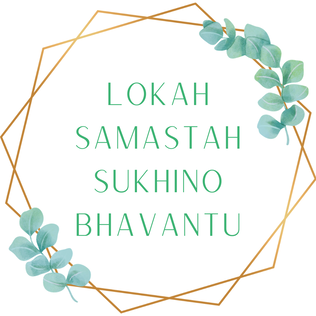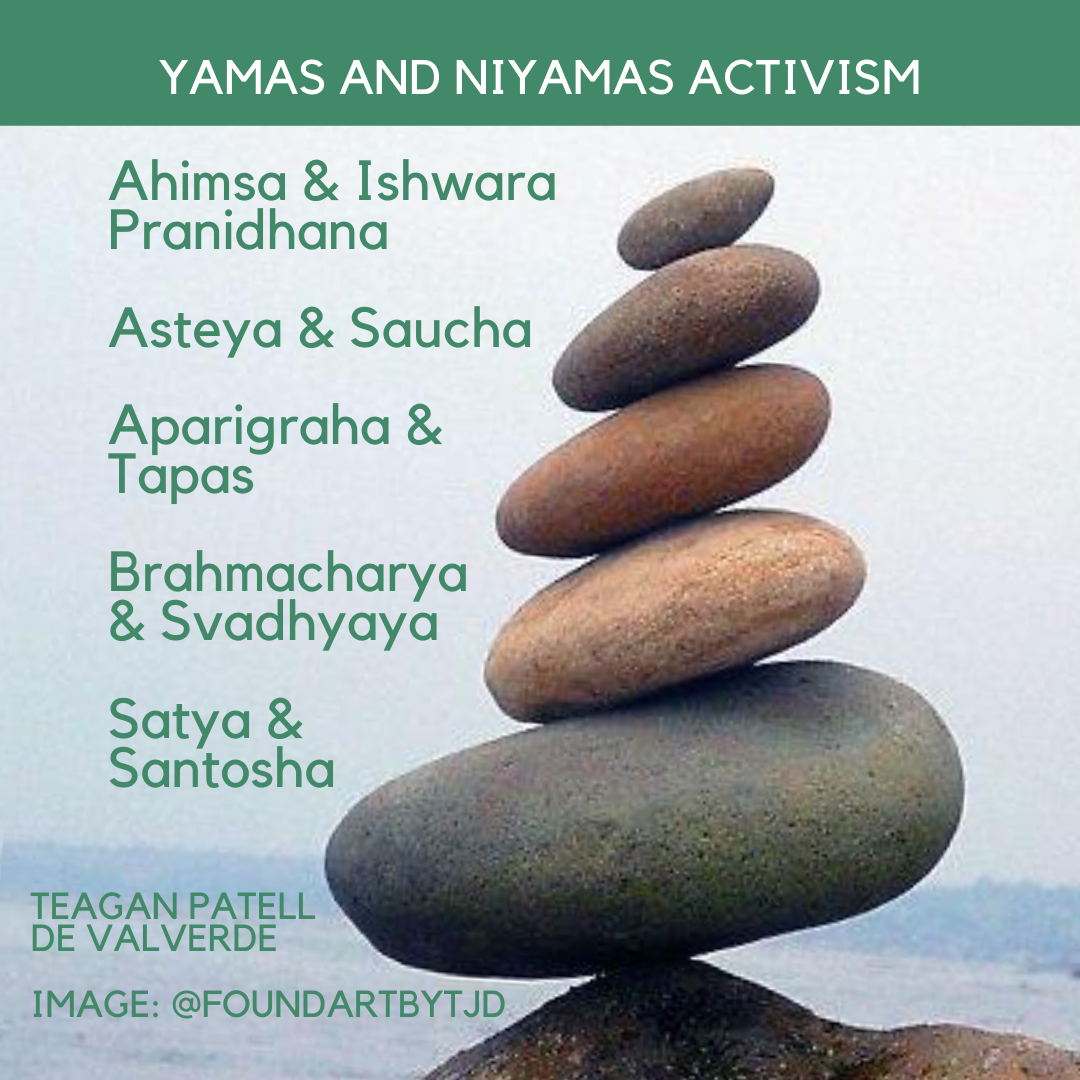|
Santosha, derived from Sanskrit Sam, complete, altogether, entire, and Tosha, acceptance, or being comfortable, means to make peace with, or to reconcile multiple truths. Santosha asks us to develop our capacity to hold comfortably the varied elements that comprise the complete truth, and to accept dichotomous or paradoxical realities. This is a practice of mental flexibility, that we may stretch ourselves beyond one limited view and exercise ‘both/and’ competency, allowing for seeming opposites both to be simultaneously true. We must build our faculty for uncertainty and contradiction. Santosha invites us to be present with all that is, to face what we’d rather not see. We must sift, sort, and structure the multiple aspects of truth to create space in our minds and foster a sense of clarity and ease so that we are not overwhelmed or burdened by the enormity of true reality. Santosha is often translated as contentment, and this is an important element. We must not be frustrated or deterred when the multiple components do not readily align or make sense within our active framework. We must be content to keep with the practice, to build space to accommodate our own blind spots and allow for gaps in our understanding. Practice with Santosha requires calm receptivity, persistence in reflection, and a willingness to rearrange concepts, rule out false paradigm schemes, imagine ideas inverted, follow corollary patterns, and redefine our sense of truth, reality, and identity. In conversation with Layla F. Saad, Sarah Jones exemplifies Santosha, our capacity to entertain multiple diverse perspectives, in their Good Ancestor conversation exploring personal identity in discourse with racism, sexism, and economic mobility.
0 Comments
Your comment will be posted after it is approved.
Leave a Reply. |
Yoga & MeditationNo in-person yoga offerings for now as we focus on building our new space. You may join in contemplative practice here, or connect with other local practitioners in the Coco Yoga Community Facebook Forum.
Archives
August 2020
Categories
All
Sharing
|
|
© June 2020
Coco Yoga & Wellness
|








 RSS Feed
RSS Feed

